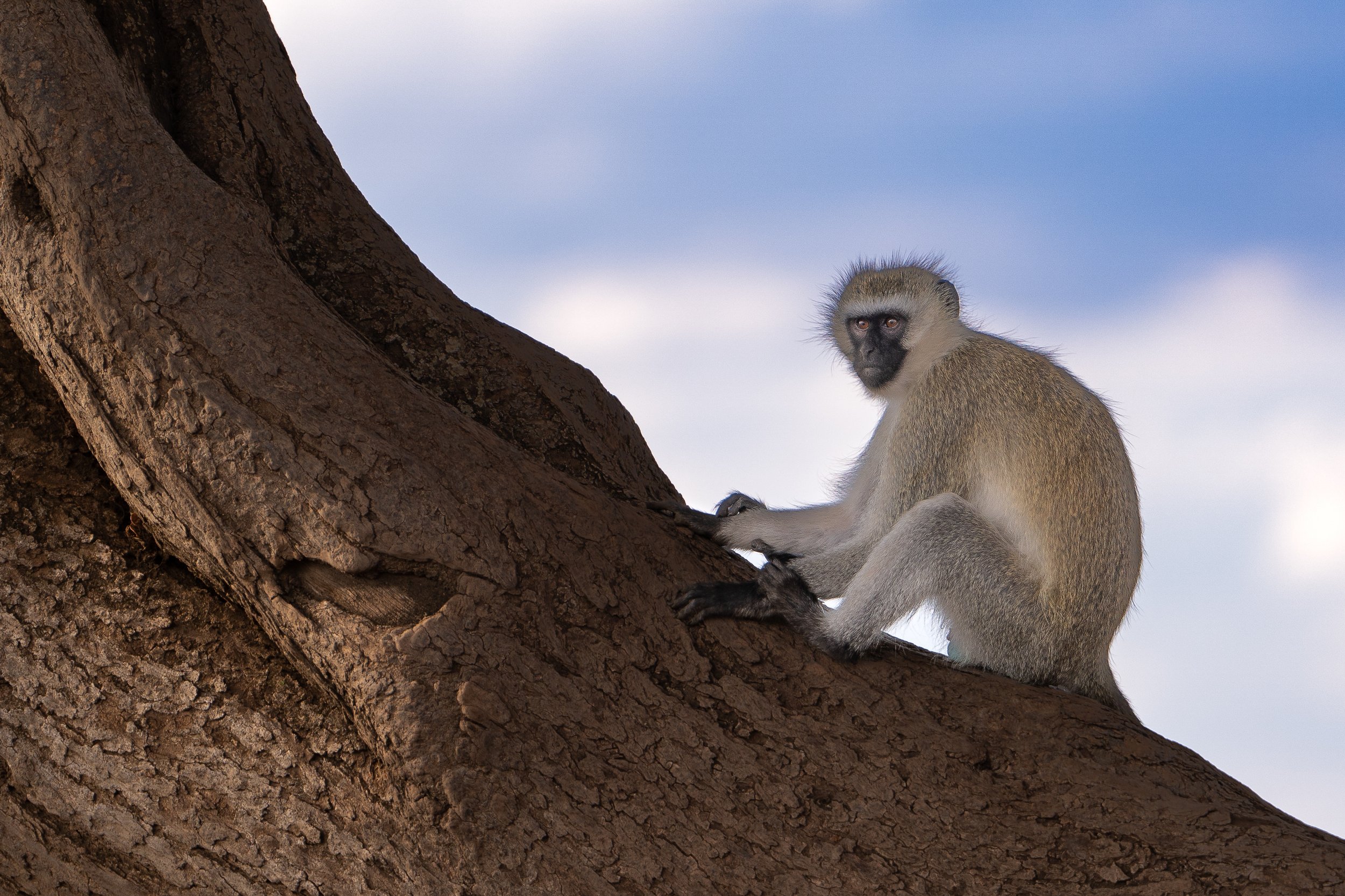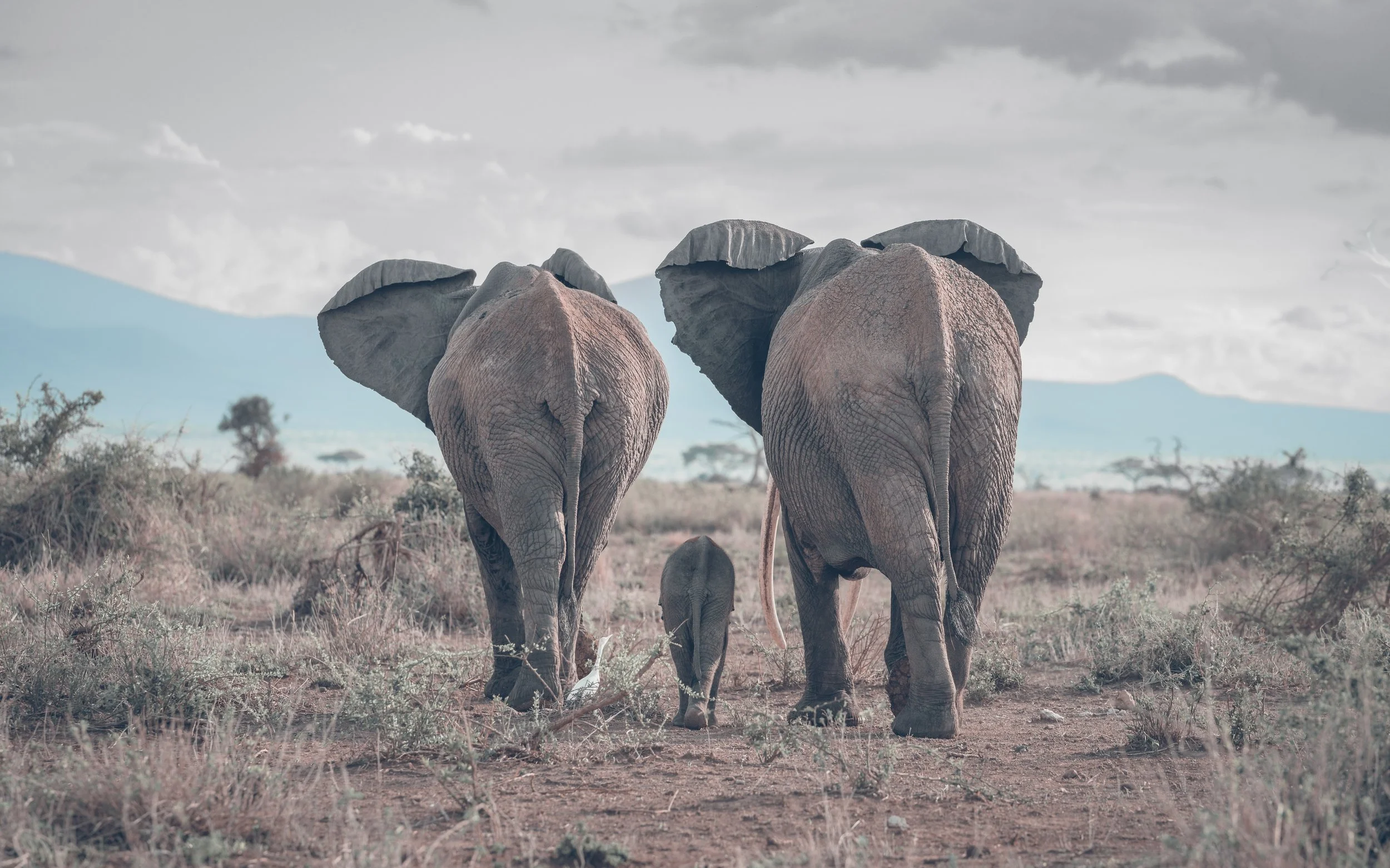
Sustainable Travel
Maximize experiences, with minimal impact
At GCK Travel we support wildlife populations by advocating for their protection, promoting conservation efforts, and engaging in sustainable travel practices to minimize our impact on their habitats.
Species Highlight
-
Known for being the world’s fastest land animal, the charismatic cheetah is a coveted sight on safaris; however, the cheetah population has experienced a significant decline due to habitat loss and human-animal conflict, jeopardizing the future of this magnificent species. Through ecotourism, we can support local economies, helping to ensure the survival of these African icons.
Acinonyx jubatus
Diceros bicornis
-
Black Rhinos, characterized by their distinctive two horns and stocky build, are currently classified as critically endangered. The relentless demand for their horns, driven by illegal poaching, has contributed significantly to the decline of their population. While there have been some positive signs of population growth, it remains vital to generate global awareness about the ongoing battle for their survival.
-
The African Lion, second only to the Tiger in size, is renowned for its majestic presence, particularly the male lion with its impressive mane. However, the population of African Lions has suffered a drastic decline of 43% within a span of just 21 years. To ensure their survival, it is imperative that humans and lions coexist harmoniously, fostering a sustainable relationship that protects these iconic big cats and their natural habitats.
Panthera leo
-
As the world’s largest land animal, the African elephant is a sight to see. Sadly, because of habitat loss and poaching for their magnificent tusks, their population has declined significantly. Supporting local communities through ecotourism is just one way we can aid in the conservation of these majestic mammals.
Loxodonta africana
The carbon footprint of a single passenger flying between NYC and Nairobi is 4 tons of carbon
The carbon footprint of traveling by air is quite significant, especially considering that a person's yearly carbon footprint is about 6 tons. Nevertheless, there are easy ways to offset this carbon footprint.
Contribute to a forestry project or an energy project dedicated to the reduction of carbon dioxide in our atmosphere.
Simple actions, such as packing light and bringing your own reusable bottles and bags when you travel can also make a difference in reducing the environmental impact of your journey.
Minimizing Your Carbon Footprint
Pack Mindfully
Packing for a sustainable travel experience is crucial to minimize your environmental impact and contribute to the conservation efforts of the region. Here are packing tips that focus on sustainability:
-
- Lightweight, breathable clothing
- Avoid bright colors as animals may be afraid of them
- Do not bring clothing with a camouflage pattern, as it is illegal to wear in Kenya
- Long-sleeved shirts and pants to protect against insects and sunburn
- Comfortable walking shoes or boots for outdoor activities.
- Wide-brimmed hat or cap for sun protection.
-
- Shampoo, conditioner and soap bars to minimize waste
- Mineral sunscreen
-
- Binoculars for wildlife viewing
- Camera with extra batteries or a solar charger for sustainable power
- Reusable water bottle to reduce plastic waste
- Daypack or backpack for carrying essentials during excursions.
- Sustainable and reusable food containers for snacks
-
- Reusable cloth or mesh bag for shopping
- Lightweight and reusable utensil set for picnics
- Eco-friendly laundry detergent for washing clothes on extended trips
- Clothes line and clips for drying clothes
- Compact, quick-dry travel towel
- Lightweight, reusable rain poncho or jacket.
- Small first aid kit with basic medical supplies and medications
Remember, it's also important to research and respect the local culture and customs of the safari destination. By packing sustainably, you contribute to the preservation of the environment and support the local communities that rely on eco-tourism.





